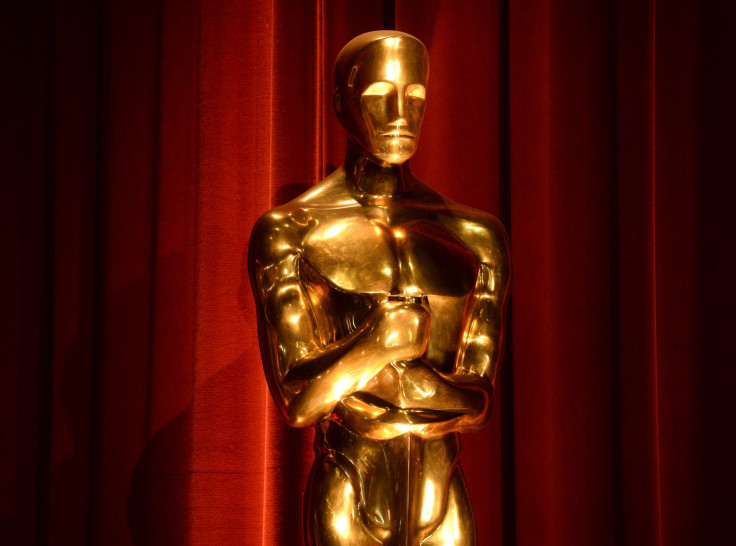Academy Voter Membership Rules Could Be Big Reason Why ‘Oscars So White’

LOS ANGELES — For almost a week, the embarrassing lack of diversity among the 2016 Oscar nominees has been drowning out virtually all conversation about the merit of the awards themselves. And while the Academy of Motion Picture Arts and Science — for the second year in a row — has vowed to do better next time around, its own stringent induction rules may prove to be one of the biggest roadblocks to change.
The controversy had Academy President Cheryl Boone Isaacs playing defense Monday during what should be a festive time for the organization. Boone Isaacs, the Academy's first African-American president, issued a statement saying she is "heartbroken and frustrated about the lack of inclusion" and pledging big changes. In November, the Academy launched its A2020 initiative, which aims to promote a more diverse Hollywood over the next five years — the importance of which was underlined by this year's nominees.

But despite Boone Isaacs' intentions and passion to foster a more inclusive voting body, the Academy's organizational structure could be one of her biggest barriers. In fact, if someone were to design a system from scratch that would ensure white actors and directors are disproportionately recognized for awards, it would be hard to do better than the system in place at the Academy of Motion Picture Arts and Sciences.
Academy membership is hardly democratic. Prospective members of the Academy must be sponsored by two existing members, which is a lot harder to do for those not necessarily part of the establishment network. The only way to get in without a sponsor is by winning an Oscar, which results in automatic consideration for membership. But the overwhelming whiteness of the Academy — a 2012 Los Angeles Times study found that 94 percent of members are Caucasian — may help propagate a cycle where white voters recognize white actors who in turn become white voters who recognize white actors down the line.
And that also means Hollywood's historic racism could be having an impact on nominations today. The forces that shunted black actors and actresses capable of playing leading men and women into stereotypical supporting roles less likely to earn award nominations has likely contributed to the harder time black actors and actresses today face in getting recognized.
The Oscars' music industry analogue, the Grammy Awards, seems to have less of an issue nominating and awarding a more diverse array of singers and songwriters. Part of that is likely due to the economics of movies compared with music. A hot new artist can make a splash through live performances and cheap internet videos and land a record deal that way. And recording professional-quality music isn't that expensive nowadays. Conversely, actors and actresses need a lot more financial backing to appear in films that would earn them an Oscar nod.
But the membership criteria of the Grammys' voting body, the Recording Academy, does seem like it would lead to a more diverse slate of nominees. Rather than requiring two sponsors, the Recording Academy's membership requirements for those who did not win awards basically consist of having released music commercially within the last five years.
Loosening its sponsorship rules to make its new membership process function — and look — less like a country club might be something the Oscars could borrow from the Grammys in order to reward a more diverse slate of nominees.
Further inspiration could also come from a more unlikely place: the National Football League. The NFL's Rooney Rule mandates that teams interview at least one minority candidate when filling a head coaching vacancy. And while it doesn't require teams to actually hire those candidates, the hope is by familiarizing team executives with qualified coaches they may have otherwise overlooked through the interview process, it can help them eventually land those positions.
Whatever changes the Academy has in store, it’s clear the organization can no longer ignore the issue, especially as more members of the Hollywood elite speak out. Stars like Spike Lee and Jada Pinkett Smith — whose husband, Will Smith, was not recognized for his starring role in "Concussion" — are planning to boycott the show this year. Black British actor David Oyelowo, who many critics thought was snubbed last year for his portrayal of Dr. Martin Luther King, Jr. in "Selma," said "the Academy has a problem" at a Los Angeles-area gala Monday night.
In an interview with Variety Monday, George Clooney said the Academy did a better job recognizing nonwhite actors and actresses a decade ago than it does today.
© Copyright IBTimes 2024. All rights reserved.





















